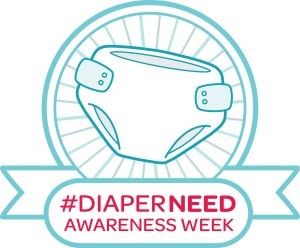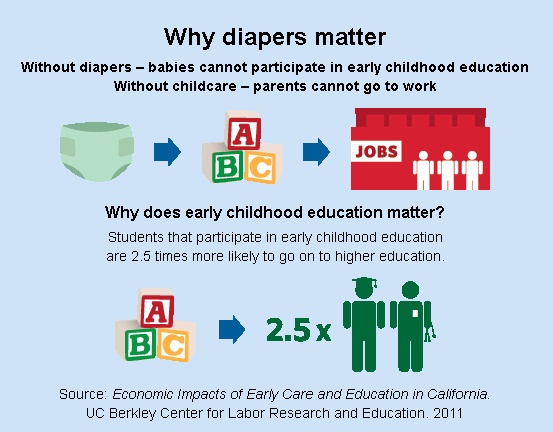
Please choose a body region on the right for you to pin point the problem area of your body.

Shop by Condition

Shop by Brand

1 in 3 American families struggle with diaper need, not having enough diapers for their baby. Diaper Need Awareness Week is bringing this to your attention. - Governors and mayors are issuing proclamations to show support. Individuals are helping by leading diaper drives, discussing child poverty, and taking to social media with the hashtag #DiaperNeed. You can help us help babies.
The following article by National Diaper Bank Network Executive Director Joanne Goldblum originally posted Sept. 2, 2014
———————
We still call diaper need a “silent crisis,” because many Americans don’t know that one in three low-income families struggles to afford clean diapers for their children. But more people are paying attention and taking action every day — thanks to the hard work of diaper bankers across the country year-round, and especially during Diaper Need Awareness Week. Diaper bankers are much like food bankers, who give out a basic need — in our case diapers — to families who are struggling.
This year’s Diaper Need Awareness Week is September 8 to 14. Anyone can be part of the diaper bank movement. Organizing a diaper drive to help families in your own community is an easy way to make a big impact.
I use the term diaper bank “movement” purposefully. A movement is more than a group of people doing the same thing. A movement implies shared beliefs. Every diaper banker believes that children deserve to be clean, dry and healthy. We believe that low-income families need help, not judgment, and that meeting a family’s basic needs is often the best path to self-sufficiency. (Did you know that without a supply of disposable diapers, most child-care providers will not accept a child? Without diapers, parents cannot work.) And finally, we believe in the power of ordinary people motivated by kindness to make a difference in the world.
If you share those beliefs, I urge you to join the movement. As I said, many people hold diaper drives. But that’s not your only option for marking Diaper Need Awareness Week. Pastor Eric Shadle of Tri-Cities Diaper Bank set the bar pretty high when he biked across the country to raise funds, awareness — and of course diapers. This year, the Austin Diaper Bank is organizing a diaper collection event at the local aquarium, where a radio station will be broadcasting live. Across the country, there are panels, film screenings and more. Several diaper banks are holding panel discussions about children and poverty. I’ll be going to Los Angeles to join the wonderful crew at Baby Buggy for a screening of Paycheck to Paycheck.
Last year, 15 states issued proclamations declaring Diaper Need Awareness Week and two more sent letter of commendation. Counties and cities across the country also issued proclamations. We are already on pace to top last year’s totals. That shows how much leaders at various levels see the importance of meeting this very basic need — which currently isn’t covered by federal programs such as food stamps or WIC (Women Infants and Children).
At the National Diaper Bank Network (NDBN), we were proud to partner with Yale University researchers on the first study in a peer-reviewed journal to quantify diaper need and document how it harms children and families. Now we’ll be using some of the resources developed by that partnership to do needs assessments with families at eight of our member diaper banks. In addition to helping diaper banks do their amazing work, NDBN is working to document the struggles of low-income families so that we can help develop policy that gives parents and babies the best possible chance to thrive.
Ten years ago, if you told me I’d be doing this kind of work, I might have laughed. The diaper bank movement started as a loosely connected handful of women — and a few stand up men — distributing diapers in our own communities. Today hundreds of diaper banks provide help around the country. Some are still quite small. Others distribute millions of diapers annually along with their community partners. Whether we operate out of a huge warehouse or a garage, we are united in our values.
CWI Medical will be donating a percentage of all our incontinence sales from this week to the National Diaper Bank Network. For more information, or to donate yourself, please call 1-877-929-4633. Together we will make a difference!

Diaper Facts
America’s babies are being shortchanged.
The consequences of diaper need are astonishing.
Help spread the word.
CWI Medical will be donating a percentage of all our incontinence sales from this week to the National Diaper Bank Network. You can also help by taking to social media with the hashtag #DiaperNeed. Together we will make a difference!
For more information, or to donate yourself, please call 1-877-929-4633.
Get $10 off your next order when you sign up to receive our email newsletter.*
Simply enter your email address below!
*Minimum order value of $100. Valid email address to qualify.






